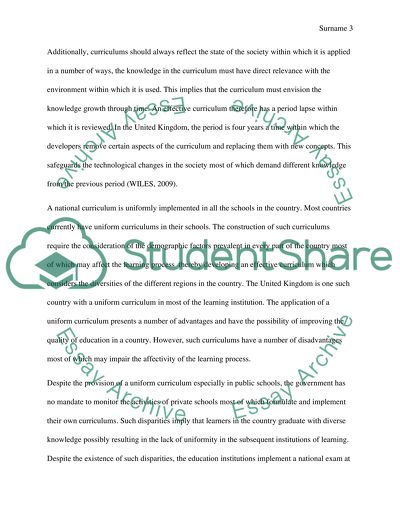Cite this document
(“National Curriculum in Schools in England Essay”, n.d.)
National Curriculum in Schools in England Essay. Retrieved from https://studentshare.org/education/1621532-what-are-the-advantages-of-having-a-national-curriculum-in-schools-in-england
National Curriculum in Schools in England Essay. Retrieved from https://studentshare.org/education/1621532-what-are-the-advantages-of-having-a-national-curriculum-in-schools-in-england
(National Curriculum in Schools in England Essay)
National Curriculum in Schools in England Essay. https://studentshare.org/education/1621532-what-are-the-advantages-of-having-a-national-curriculum-in-schools-in-england.
National Curriculum in Schools in England Essay. https://studentshare.org/education/1621532-what-are-the-advantages-of-having-a-national-curriculum-in-schools-in-england.
“National Curriculum in Schools in England Essay”, n.d. https://studentshare.org/education/1621532-what-are-the-advantages-of-having-a-national-curriculum-in-schools-in-england.


